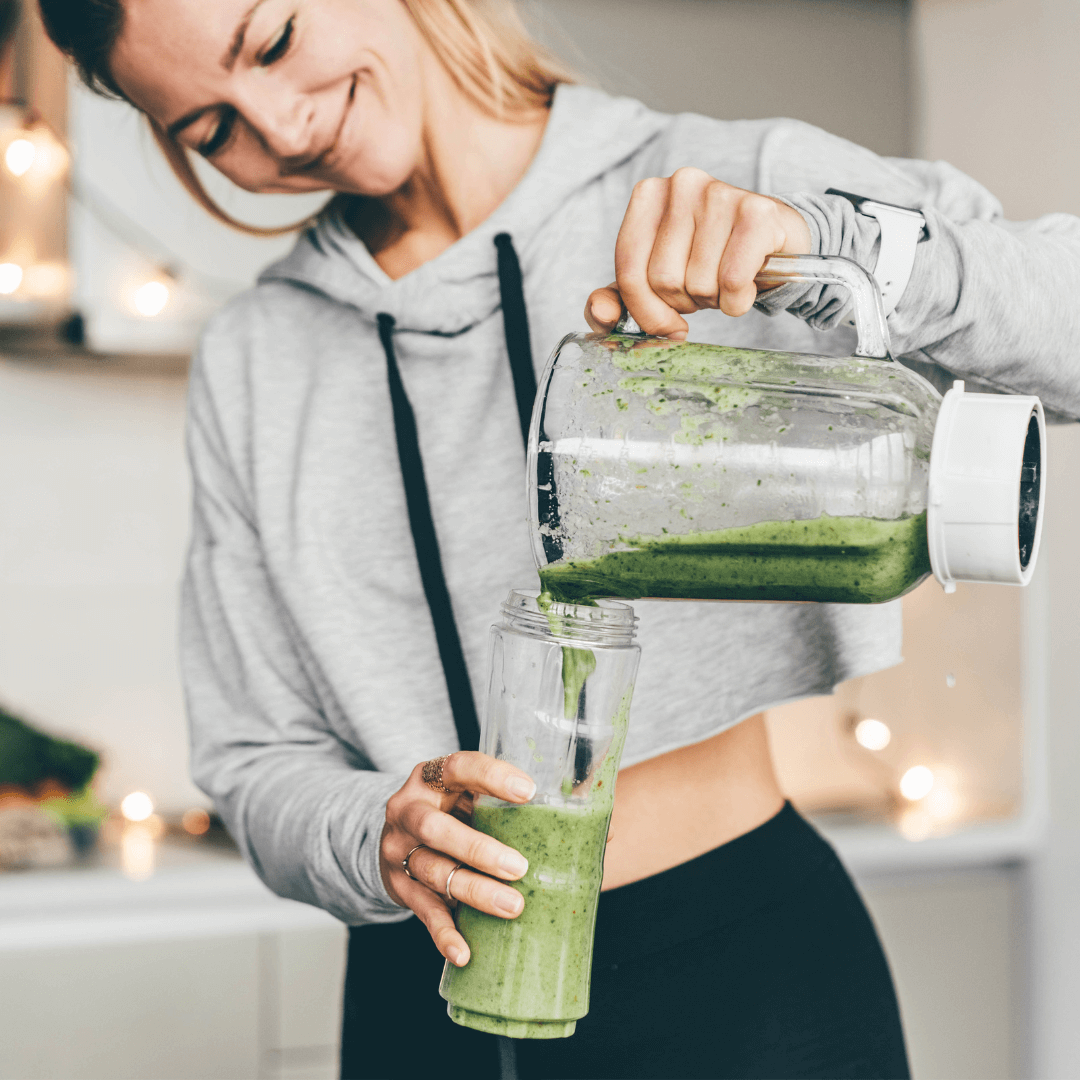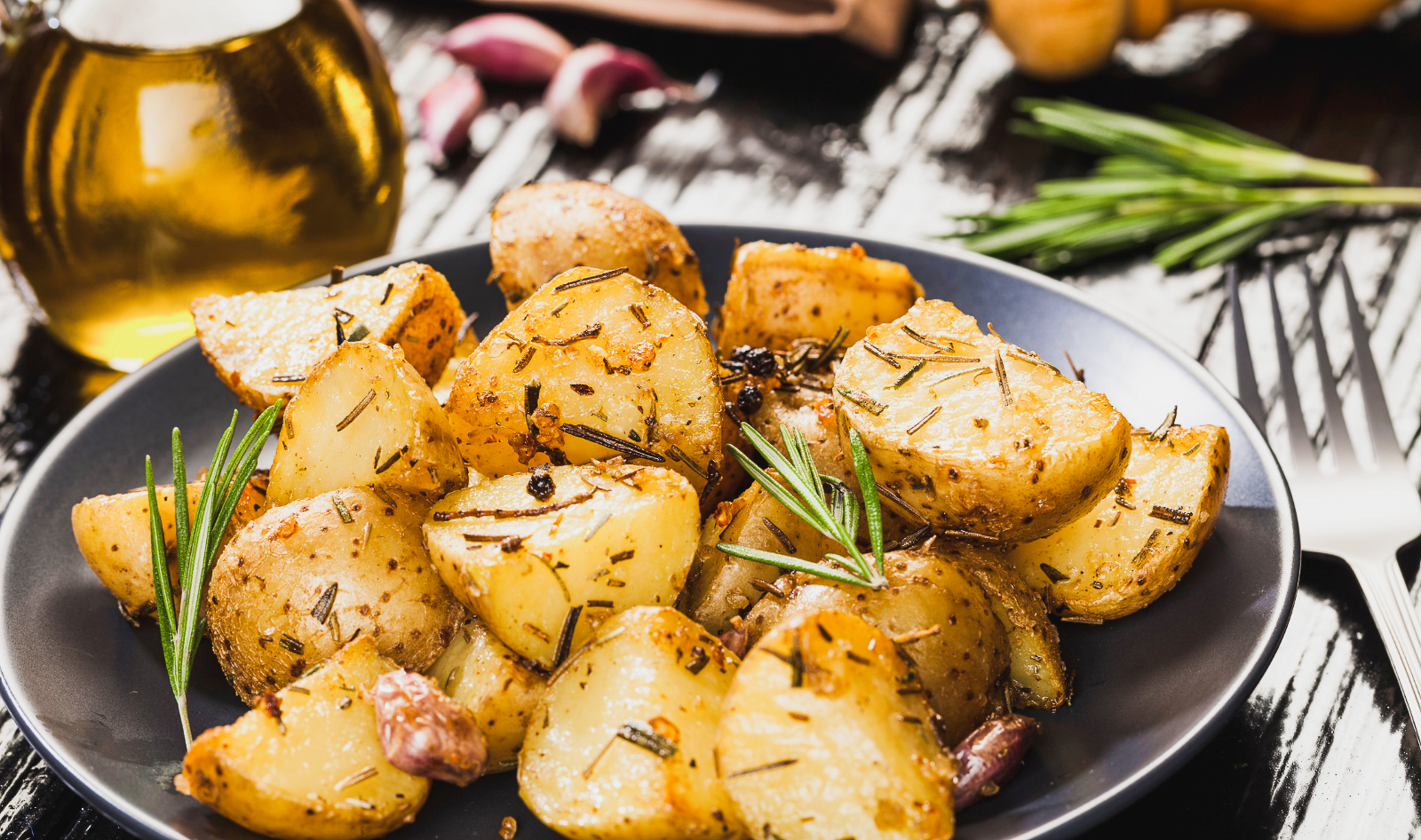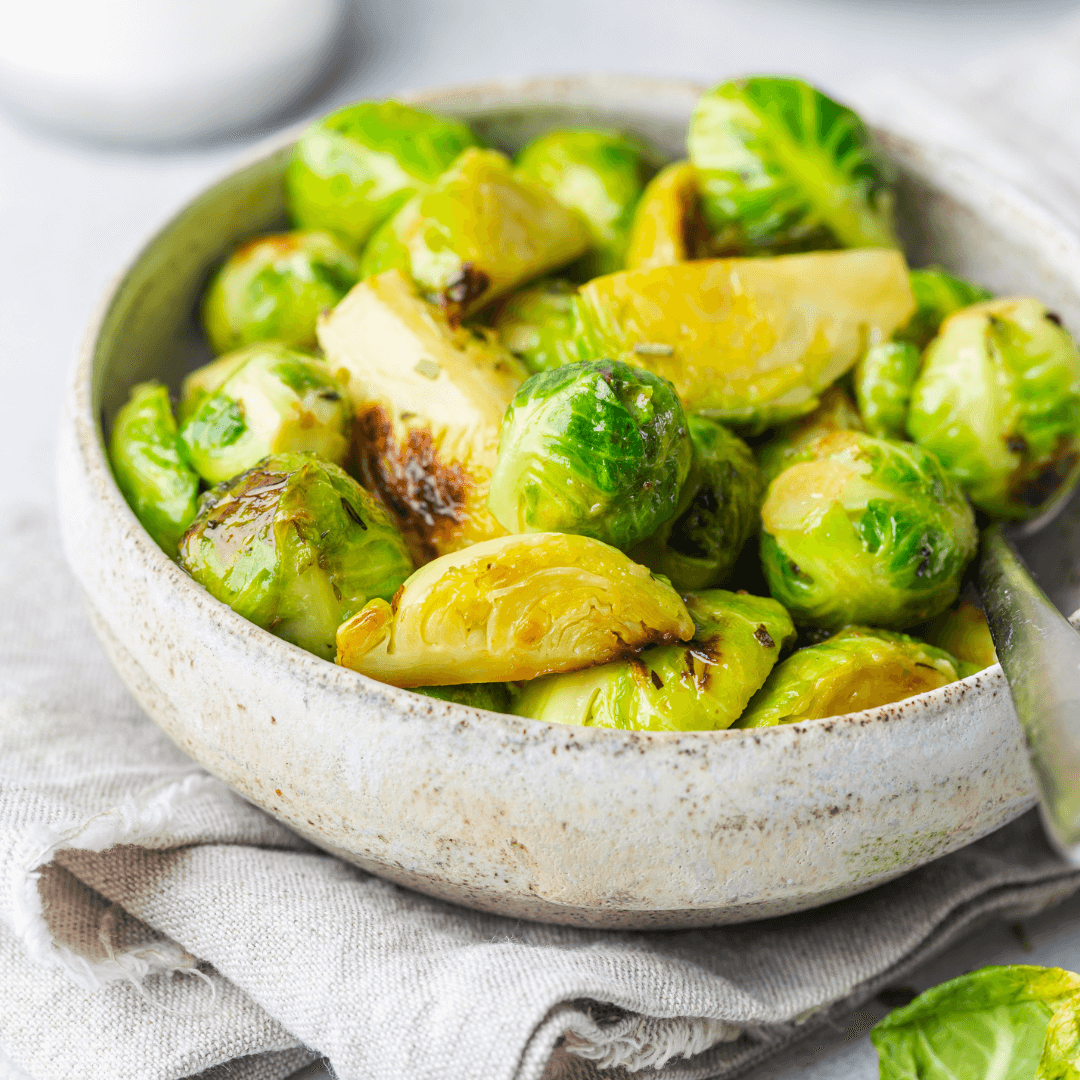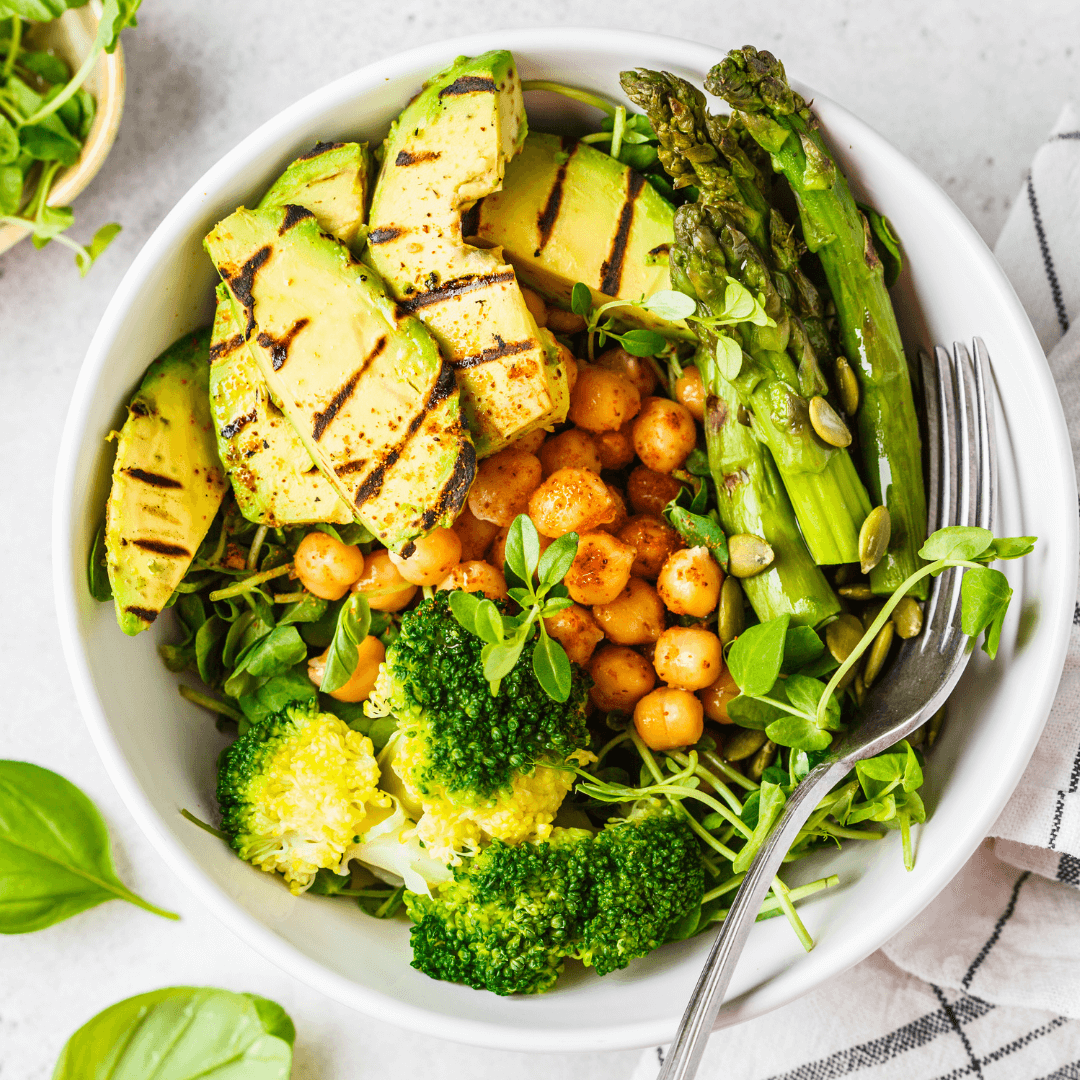Kim Kardashian recently revealed that a mostly plant-based diet has helped her manage her psoriasis symptoms.
In the past, the reality TV star and business mogul has been open about her battle with psoriasis on social media and on Keeping Up With the Kardashians . In a blog post about her sister Kourtney's lifestyle, Push, 42, says her mostly vegan diet, specifically her vegan tacos, has helped keep her psoriasis from getting worse.
Kardashian added that she does her best to stick to her plant-based diet, except on "treat days" or when she's at a restaurant where she can't be accommodated. Note that he cooked meat in the first season of Paris Hilton's Cooking With Paris program in 2021.
Can a vegan diet help psoriasis?
Psoriasis is a lifelong autoimmune disease that causes red, scaly, itchy patches of skin and is currently incurable. Celebrities make health claims all the time and we have to be a little careful with their claims. So, is there any evidence to support the Kardashians' claim?
According to the National Psoriasis Foundation, the condition can be managed with an appropriate treatment plan that includes avoiding certain foods. We also reached out to Amy Lawson, RDN, LDN and founder of Thrive Nutrition for more information.
 Maria Karneeva
Maria Karneeva
“Certain foods can help reduce the inflammation associated with psoriasis. Some of the foods that have the biggest impact on skin health are foods with anti-inflammatory properties, all of which are plant-based,” Lawson tells VegNews. However, not all herbal products provide this. Simple sugars and simple carbohydrates like white bread and pasta can trigger flare-ups.
Psoriasis can also be caused by a variety of factors, and it's important to learn how to manage them. According to the National Psoriasis Foundation, some of the most common triggers are stress, weather (especially when it's cold or dry), skin trauma (sunburn, insect bites, scratches), illness, allergies, smoking, and certain foods.
In a 2017 study that looked at the impact of dietary habits on psoriasis, meat, dairy, gluten and sugar were among the most excluded foods. Patients who gave up these foods and followed a pagan, vegan or paleolithic diet reported improvement in their skin.
 Canvas
Canvas
A systematic review of 55 studies and 4,534 patients was published in JAMA Dermatology concluded that adults with psoriasis may benefit from diet in addition to standard treatment.
In short, it can complement a regular treatment plan, including avoiding foods that cause psoriasis and eating foods that can relieve symptoms. You should always consult your doctor or health care professional before developing a treatment plan or making major changes to your diet.
Foods to avoid if you have psoriasis
The following foods are known to cause flare-ups, but it's important to note that they may not adversely affect every psoriasis patient.
"Studies have shown that certain foods can increase the body's inflammatory response and worsen skin conditions such as psoriasis." Anti-inflammatory foods include saturated fats, such as those found in red meat. If you're eating a plant-based diet, red meat is obviously not a problem,” says Lawson.
1 Red meat, dairy products and eggs
Avoiding red meat, dairy products and eggs can help reduce the severity of psoriatic lesions.
Red meat is rich in an unsaturated fatty acid called arachidonic acid, which is known to worsen psoriasis. Dairy products such as milk, cheese and yogurt also contain arachidonic acid. Research shows that the arachidonic acid in dairy products can even irritate the lining of the intestines and worsen flare-ups.
Eggs also contain arachidonic acid, so reducing or eliminating all three can lead to overall improvement.
2 gluten
Like celiac disease, psoriasis is an autoimmune disease. People with psoriasis are at increased risk of gluten intolerance. So if you have both, you may benefit from completely avoiding gluten-containing foods such as wheat, barley, rye, pasta and beer.
For more information on the dos and don'ts, see our guide to a gluten-free vegan diet.
 Canvas
Canvas
3 night shadows
Solanaceae is a plant family that includes tomatoes, eggplant, peppers, white potatoes, and pepper-derived spices such as cayenne and cayenne.
Some people believe that an alkaloid called salanine, found in all dark-colored plants, can cause inflammation. However, there is little evidence for this. Conversely, research suggests that salanine may reduce inflammation, but more evidence is needed to draw any conclusions.
Many patients with psoriasis report a reaction to evening primrose. But what is the verdict? Relapses can occur due to food intolerance or allergies.
4 Highly processed products
The term "processed food" covers a wide range of foods that are high in salt, fat and sugar. They include:
- Baked goods such as cookies, croissants and cakes.
- sweets
- Ice cream
- Such products as semi-finished products and semi-finished products, canned soups
- Processed meats, including bacon and sausage
- So-called "white flour" foods/refined carbohydrates such as white bread, white pasta and white rice
- lemonade
 Canvas
Canvas
5 alcohol
If you have psoriasis, it may not make sense to avoid beer, wine, spirits, and cocktails. Few studies have examined this connection, but alcohol is thought to trigger flare-ups in a number of ways. Psoriasis is associated with inflammation, and alcohol makes it worse. One theory is that it affects neurotransmitters in your brain and then causes inflammation. However, more research is needed to understand the role of alcohol in psoriasis flare-ups.
Foods to eat if you have psoriasis
Although psoriasis is characterized by inflammation, a diet rich in anti-inflammatory foods can help reduce symptoms.
"In general, replacing processed foods, simple carbohydrates, and simple sugars with vegetables, fruits, nuts, seeds, and legumes helps maintain healthy skin and reduce the inflammation associated with psoriasis," Lawson says.
 Canvas
Canvas
1 fruit and vegetable
Fruits and vegetables are often rich in antioxidants that fight oxidative stress and inflammation. Many anti-inflammatory diets are based on fruits and vegetables, but some of the best ones you can eat include:
- Blueberries, strawberries and raspberries contain antioxidants known as anthocyanins.
- Cruciferous vegetables such as broccoli, Brussels sprouts and cauliflower
- Dark fruits such as cherries and grapes. The latter contains resveratrol, a polyphenol that fights inflammation.
- Dark leafy greens such as kale, spinach, Swiss chard and kale
Broccoli, peppers, and fruit are also rich in vitamin C, which can benefit the skin, Lawson explains. "It helps build collagen, is an antioxidant, and is important for wound healing," she says.
2 Useful fats and oils
Oily fish is one of the most recommended foods for psoriasis. However, when following a vegan diet, you should consume heart-healthy fats and oils, especially those containing omega-3 and omega-6 fatty acids, including extra virgin olive oil and flaxseed oil.
Avocado oil is also rich in omega-3 fatty acids. These fats, including avocado oil, are known to lower low-density lipoprotein cholesterol, the bad cholesterol, and increase high-density lipoprotein cholesterol. Studies show that walnuts, which are rich in omega-3 fatty acids, also help reduce inflammation.
Many are high in vitamin E, which has anti-inflammatory properties, Lawson adds. It is found in vegetable oils, nuts, seeds and spinach. "Vitamin E has important antioxidant properties and is found in our sebum, also known as sebum, which forms the skin's natural barrier," says Lawson.
 Wow
Wow
3 lentils and beans
Plant-based proteins like lentils are rich in fiber, protein and antioxidants, so they're often recommended for anyone looking to add anti-inflammatory foods to their plate. Minimally processed soy-based foods such as tofu and tempeh are also healthy. Soy is rich in plant compounds called isoflavones, which are known to fight inflammation.
4 grains
Gluten-free whole grains like oats, brown rice, teff, and sorghum are full of anti-inflammatory fiber. In addition, whole grains are associated with a reduced risk of heart disease, type 2 diabetes, and certain cancers.
When it comes to psoriasis, it's important to know what triggers it, and what triggers an outbreak in one person may not be harmless for you. Health professionals and groups like the National Psoriasis Foundation recommend limiting your intake of highly processed foods, meat, eggs and dairy products and adding more anti-inflammatory foods to your diet.

